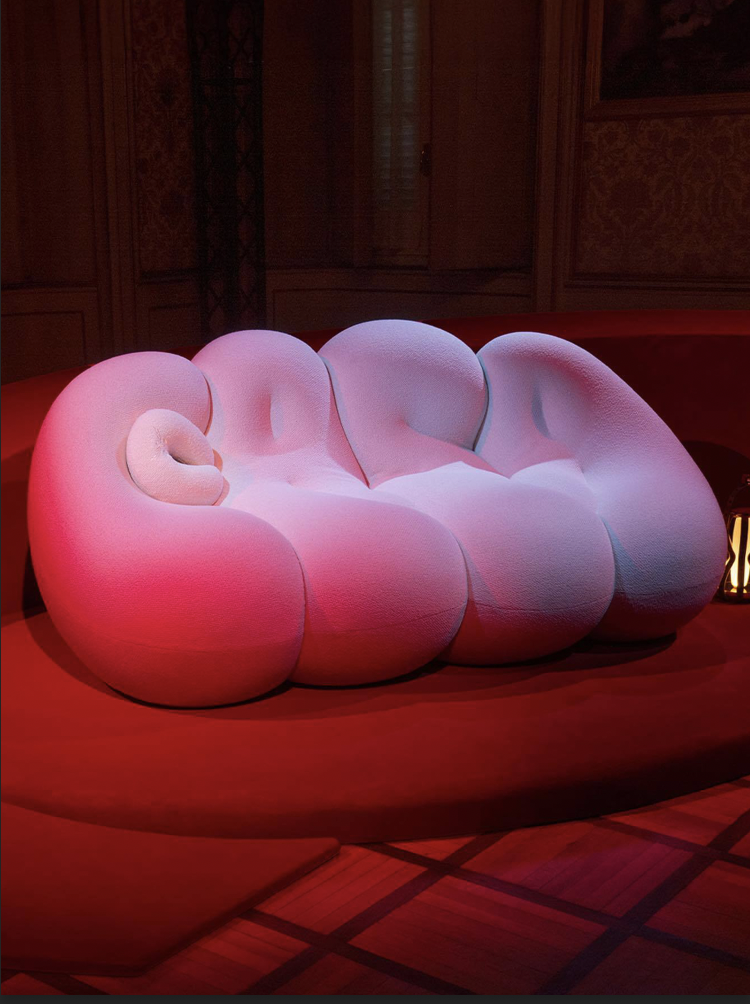Gilles Peterson on Jamaica’s undeniable influence on UK jazz
Throughout its history, Jazz has been at the forefront of pushing musical expressions to their extremes, from its origins in the African-American communities of New Orleans, to the jazz visionaries of the 60s and 70s to now; London’s next generation of musicians are literally re-writing the rules of genre with their radical cross-cultural jazz.
One major sound coming from this new wave of jazz is its distinct Jamaican influences, to celebrate and spotlight this flourishing cross-cultural music, DJ, producer and tastemaker, Gilles Peterson is dedicating his summer series to Jamaican jazz in collaboration with Appleton Estate Jamaica Rum. Curating a selection of events showcasing the talent leading this new movement globally, including Moses Boyd who Peterson tipped as the “next Art Blakey”, Nubya Garcia, Kokoroko and the legendary Vin Gordon, who was Bob Marley’s trombonist for 12-years.
Influences from Jamaica have played a huge part in UK dance music, with sound system culture being an important part of London’s musical landscape; Peterson tells HUNGER, “whether it’s through the influence it had on punk music, or if it was just through going to carnival, you have this whole concept and culture of DJing that was brought through from Jamaica.”
Up until recently, the UK had repeatedly overshadowed black musicians and their influence on Britain’s culture, music and art. Like Joe Harriott, a pioneer in free-form jazz and the performer responsible for introducing Peterson to Jamaica’s sound in the music, his performances on the BBC from the late 60s were taped over, “it tells you that he was important enough to be on TV, but he wasn’t seen as important enough to keep in the archive.” Said Peterson, Harriott was a hugely influential figure in jazz – even now fifty years after his death.
This is why, among other reasons, the Jamaican Jazz Summer Series is not only so important to celebrate the talent performing, but acknowledge the organisations and collectives that have been supporting young diverse jazz musicians over the years, Peterson continues: “As a result there’s a really fantastic generation of Jamaican and Caribbean musicians who have been brought up in Britain second generation and they are leading the way globally in jazz”. These are organisations like Tomorrow’s Warriors led by Jamaican jazz artist Gary Crosby, who have offered services to bring free music lessons to young people who can’t afford them, nights like Steam Down in Deptford, South East London and the music community hub, Jazz re:Freshed: Jazz re:Freshed’s collective Seed Ensemble’s debut album, combining jazz with West African and Caribbean music elements, was nominated for the Mercury prize 2019.
The Guardian revealed in July that 40% of jazz streams on Spotify were by people under the age of 30, and the proportion of younger listeners have been rising year on year since 2016. Jazz is everywhere in London, festivals, bars, pubs and at underground clubs, which until now were strictly electronic music based. This massive genre resurgence in youth culture could be a reflection on the current political environment, “to me this generation is using music to come up with ideas and discussions about where we’re at right now as a planet, I feel it’s a very strong movement which is actually subversively attacking a system which needs to be looked at.” Continues Peterson, “I think there’s a lot of escapism in music over the last twenty years and this generation are actively, through music, through community, through creating the DIY ethic of making the music, whether we’re talking about dubstep, grime, drum N bass or punk are using music as a platform to create change. I’m very excited about it.”
Summer Series, The Jamaican Jazz Sessions are a perfect opportunity to experience this new, politically driven sound rising from the city’s roots, as Peterson highlights the event sheds a “light on an aspect of Jamaican culture that might not be as well known in this country as it should be.” But the main aspect Peterson is most excited about is “to be able to put these people together to get these collaborations going is really exciting and everyone is learning, everyone is teaching (each other) and some really interesting new music is being made.”
Ahead of Notting Hill Carnival weekend, The Jamaican Jazz Sessions culminate with Boyd and Gordon’s headline performance on August 22. A fitting end to the month dedicated to honouring the undeniable influence Jamaica has had, not only on jazz’s current resurgence and throughout its past, but honouring the Jamaican musicians of the future and their place within jazz’s next exciting steps.
Appleton Estate Jamaica Rum and Gilles Peterson have joined forces to curate The Jamaican Jazz Sessions – a music series exploring Jamaica’s influence on contemporary British jazz and featuring some of the UK’s best emerging talent. More information here.

